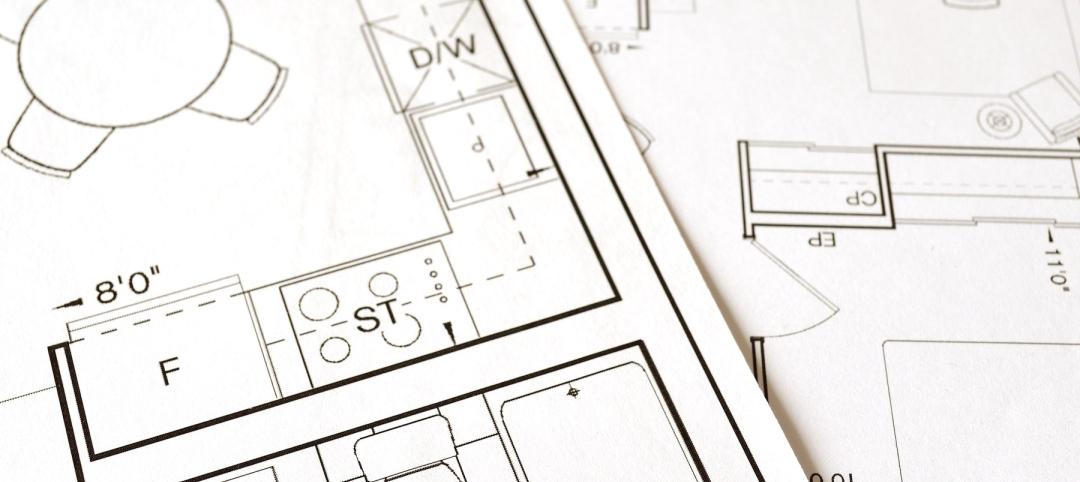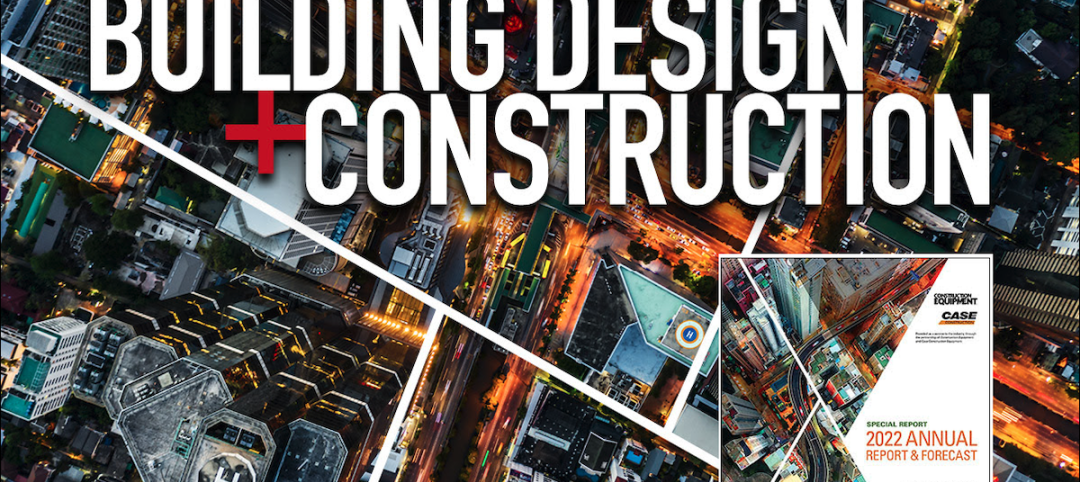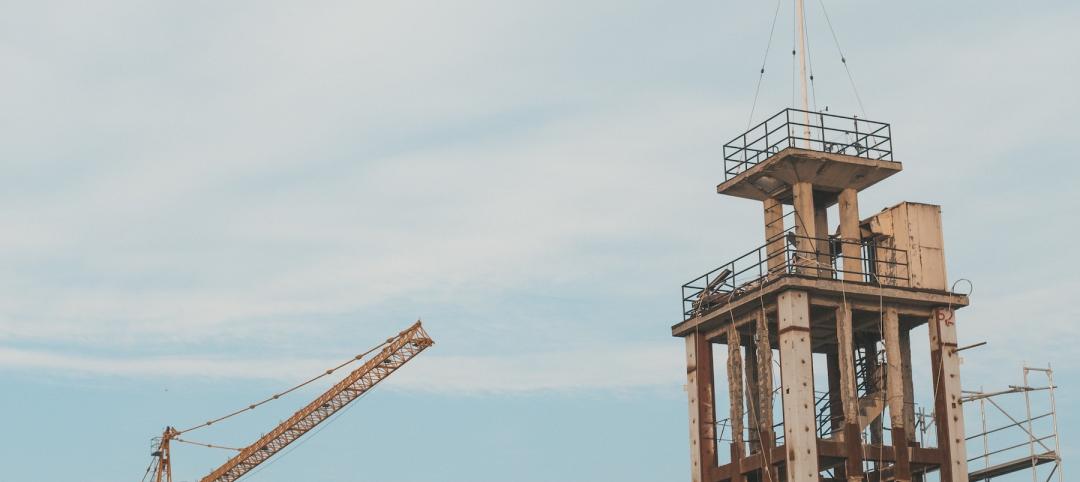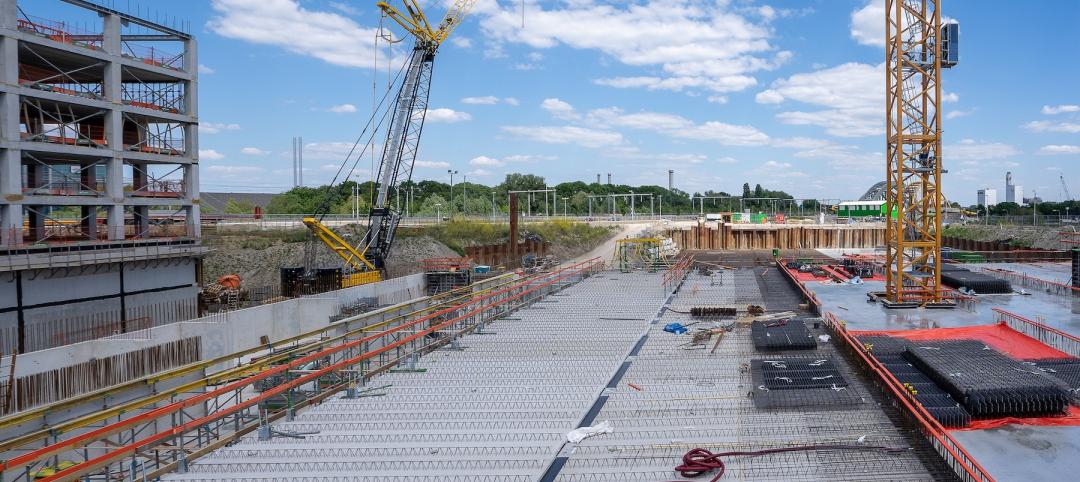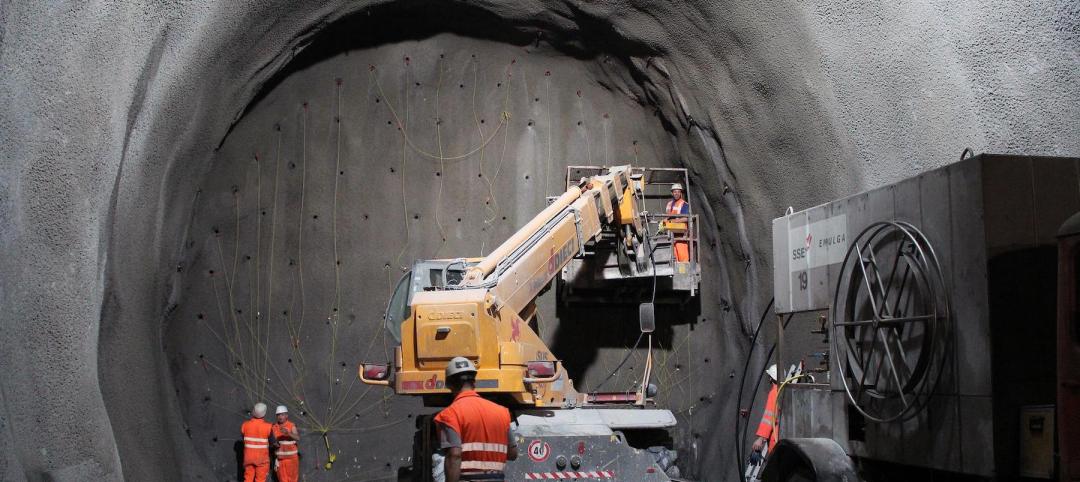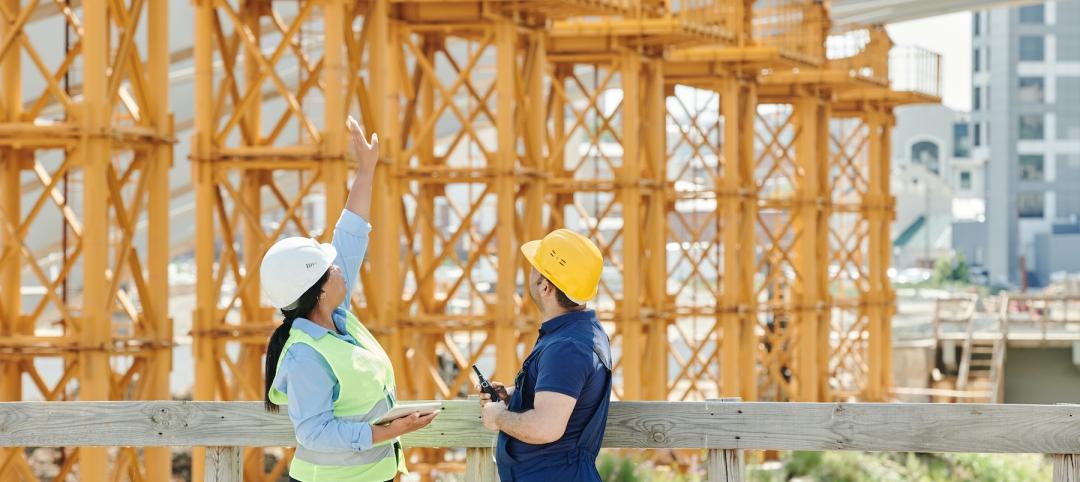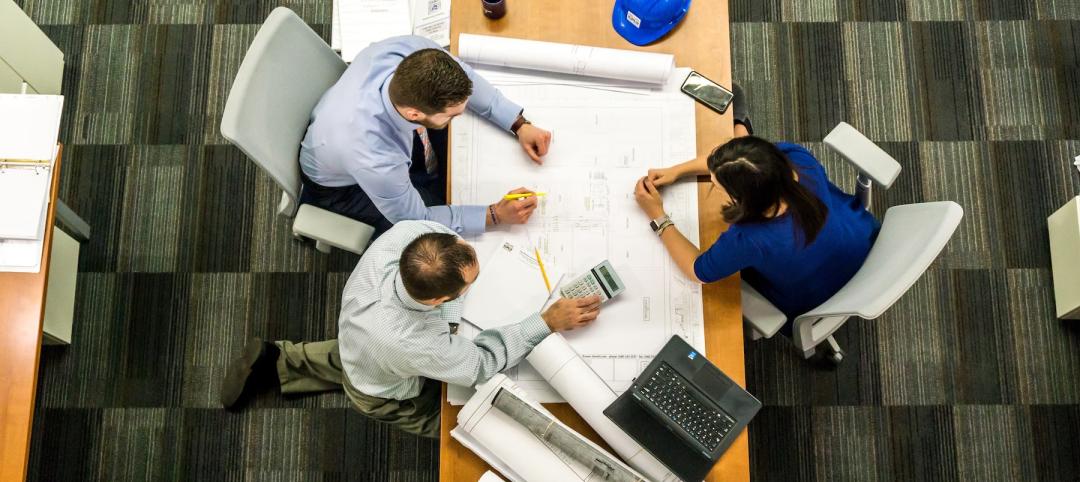Today, the U.S. Green Building Council (USGBC), the creators of the LEED green building rating system, announced the annual Top 10 Countries and Regions for LEED, outside of the U.S. Mainland China topped the list with more than 68 million gross square meters. The list recognizes markets that are using LEED to create healthier spaces for people, as well as use less energy and water, reduce carbon emissions and save money for families and businesses. The top countries and regions account for nearly 7,800 certified buildings and more than 210 million gross square meters of space.
“For the last 25 years, LEED has played a key role in sustainability efforts around the world,” said Mahesh Ramanujam, president and CEO, USGBC and Green Business Certification Inc. (GBCI), the global certifying body for LEED projects. “The Top 10 Countries and Regions represent a global community of dedicated USGBC member companies and green building professionals who are committed to improving our quality of life. A better future requires a universal living standard that leaves no one behind—and that future would simply not be possible without the extraordinary work being done in these countries.”
The list ranks countries and regions in terms of cumulative LEED-certified gross square meters as of December 31, 2018. LEED, or Leadership in Energy and Environmental Design, is the world’s most widely used green building program with 96,275 registered and certified projects in more than 167 countries and territories. The full rankings are as follows:
Ranking Country/Region Number of Projects Gross Square Meters*
1 Mainland China 1,494 68.83
2 Canada 3,254 46.81
3 India 899 24.81
4 Brazil 531 16.74
5 Republic of Korea 143 12.15
6 Turkey 337 10.90
7 Germany 327 8.47
8 Mexico 370 8.41
9 Taiwan 144 7.30
10 Spain 299 5.81
** United States 33,632 441.60
*Gross square meters are reported in millions. Data is reported as of December 2018.
**The United States, where LEED originated, is not included on the list, but remains the world’s largest market for LEED.
LEED is a recognized symbol of excellence around the world and continues to raise the bar in terms of sustainability for buildings, cities and communities. Recently, USGBC introduced LEED v4.1, the latest update to the rating system, and released beta versions for existing buildings (LEED v4.1 O+M), new construction (LEED v4.1 BD+C) and interiors (LEED v4.1 ID+C).
LEED v4.1 emphasizes human health and integrates performance metrics powered by Arc to encourage ongoing tracking. Recent research shows green building will continue growing through 2021. Client demand remains the top reason to build green in the U.S. and occupant health and well-being emerged as the top social factor. Through LEED, USGBC pushes the market toward higher performing buildings that also improve quality of life.
The impact of buildings, cities and communities on people continues to be a priority for USGBC and across industries. In an effort to expand USGBC’s global green building efforts and ensure that LEED is not only the most widely used leadership standard, but also the pre-eminent living standard, USGBC launched the Living Standard campaign. Focused on the belief that storytelling can lead to a more sustainable world, the campaign aims to highlight stories – big and small – that capture how USGBC, LEED and other sustainability programs are raising the quality of life for people around the world. By visiting livingstandard.org, individuals and companies can participate in the campaign and submit stories.
Related Stories
Codes and Standards | Oct 26, 2022
‘Landmark study’ offers key recommendations for design-build delivery
The ACEC Research Institute and the University of Colorado Boulder released what the White House called a “landmark study” on the design-build delivery method.
Building Team | Oct 26, 2022
The U.S. hotel construction pipeline shows positive growth year-over-year at Q3 2022 close
According to the third quarter Construction Pipeline Trend Report for the United States from Lodging Econometrics (LE), the U.S. construction pipeline stands at 5,317 projects/629,489 rooms, up 10% by projects and 6% rooms Year-Over-Year (YOY).
Designers | Oct 19, 2022
Architecture Billings Index moderates but remains healthy
For the twentieth consecutive month architecture firms reported increasing demand for design services in September, according to a new report today from The American Institute of Architects (AIA).
Market Data | Oct 17, 2022
Calling all AEC professionals! BD+C editors need your expertise for our 2023 market forecast survey
The BD+C editorial team needs your help with an important research project. We are conducting research to understand the current state of the U.S. design and construction industry.
Market Data | Oct 14, 2022
ABC’s Construction Backlog Indicator Jumps in September; Contractor Confidence Remains Steady
Associated Builders and Contractors reports today that its Construction Backlog Indicator increased to 9.0 months in September, according to an ABC member survey conducted Sept. 20 to Oct. 5.
Market Data | Oct 12, 2022
ABC: Construction Input Prices Inched Down in September; Up 41% Since February 2020
Construction input prices dipped 0.1% in September compared to the previous month, according to an Associated Builders and Contractors analysis of U.S. Bureau of Labor Statistics’ Producer Price Index data released today.
Laboratories | Oct 5, 2022
Bigger is better for a maturing life sciences sector
CRB's latest report predicts more diversification and vertical integration in research and production.
Market Data | Aug 25, 2022
‘Disruptions’ will moderate construction spending through next year
JLL’s latest outlook predicts continued pricing volatility due to shortages in materials and labor
Market Data | Aug 2, 2022
Nonresidential construction spending falls 0.5% in June, says ABC
National nonresidential construction spending was down by 0.5% in June, according to an Associated Builders and Contractors analysis of data published today by the U.S. Census Bureau.
Market Data | Jul 28, 2022
The latest Beck Group report sees earlier project collaboration as one way out of the inflation/supply chain malaise
In the first six months of 2022, quarter-to-quarter inflation for construction materials showed signs of easing, but only slightly.



